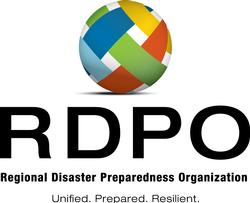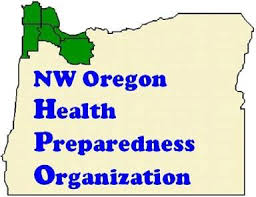July 2023 - Beat the Heat: Essential Tips for Heat Preparedness
Monday, July 3, 2023
Beat the Heat: Essential Tips for Heat Preparedness
As the scorching summer sun beats down upon us, it becomes crucial to prioritize heat preparedness to ensure our well-being and safety. Heatwaves can pose significant risks to our health, ranging from heat exhaustion to heatstroke, dehydration, and other heat-related illnesses. However, by taking necessary precautions and staying informed, we can effectively combat the heat and enjoy a safe and pleasant summer. In this blog post, we will discuss essential tips for heat preparedness and what to do to stay cool and protected during these challenging times.
1. Stay Hydrated:
One of the most crucial aspects of heat preparedness is to stay hydrated. Drink plenty of water throughout the day, even if you do not feel thirsty. Avoid excessive consumption of caffeine or alcoholic beverages, as they can lead to dehydration. Keep a water bottle with you at all times and encourage others to do the same. If you engage in physical activity or spend time outdoors, increase your fluid intake to compensate for the additional sweating.
2. Dress Appropriately:
Wearing the right clothing can make a significant difference in combating the heat. Opt for loose-fitting, lightweight, and light-colored garments that allow your skin to breathe. Choose breathable fabrics such as cotton or linen, which help in sweat evaporation and provide natural ventilation. Additionally, wearing a wide-brimmed hat and sunglasses can provide shade and protect your face and eyes from direct sunlight.
3. Seek Shade and Stay Indoors:
During the hottest hours of the day, typically from mid-morning to late afternoon, it’s advisable to stay indoors or seek shade whenever possible. If you need to be outside, try to plan activities during the cooler parts of the day, like early morning or evening. Air-conditioned environments provide significant relief from the heat, so spend time in air-conditioned buildings, such as shopping malls, libraries, or community centers. If you don’t have access to air conditioning at home, consider visiting public cooling centers or public places with air conditioning.
4. Cool Your Living Space:
To keep your living space cool, close curtains or blinds during the day to block out direct sunlight. Use fans or air conditioning units to circulate air and maintain a comfortable temperature. If you don’t have air conditioning, place a bowl of ice or a damp towel in front of a fan to create a makeshift air cooler. Alternatively, take cool showers or baths to lower your body temperature.
5. Check on Vulnerable Individuals:
Heat affects some individuals more severely than others, including the elderly, young children, pregnant women, and those with chronic health conditions. Check on your loved ones, neighbors, and friends who may be more vulnerable to the heat. Offer assistance and ensure they have access to proper cooling and hydration.
6. Be Aware of Heat-related Illnesses:
Educate yourself about the signs and symptoms of heat-related illnesses. Heat exhaustion symptoms include heavy sweating, weakness, dizziness, nausea, and headache. If you or someone else experiences these symptoms, move to a cool place, rest, and drink water. In case of severe symptoms like high body temperature, altered mental state, or unconsciousness, call emergency services immediately.
Heat preparedness is of utmost importance during the sweltering summer months. By following these essential tips, staying hydrated, seeking shade, and being mindful of vulnerable individuals, we can minimize the risks associated with extreme heat. Remember to listen to your body, take breaks when needed, and stay cool and protected. By taking proactive measures, we can ensure a safe and enjoyable summer for ourselves and our communities.



